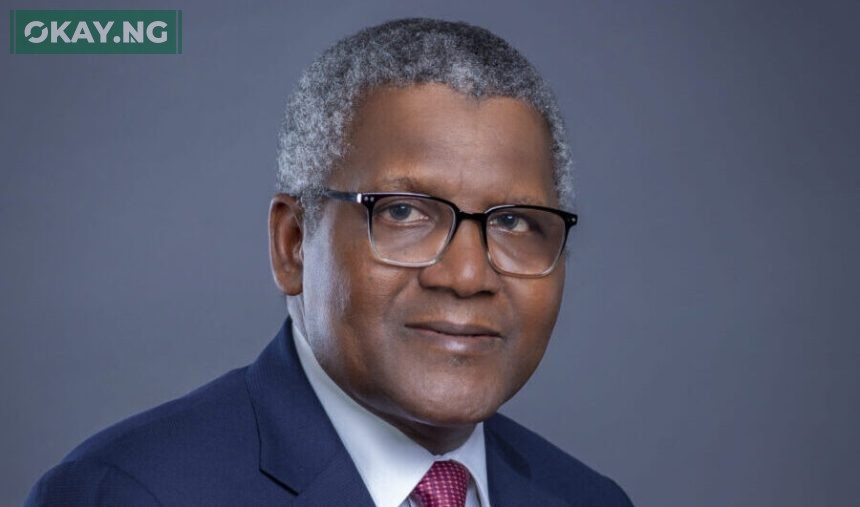The decision by Dangote Petroleum Refinery to transact in US dollars for its refined petroleum products has triggered widespread concern among Nigerian marketers, injecting volatility into an already strained economic landscape. As the refinery simultaneously expands its export footprint, sending millions of barrels of aviation fuel to the United States, its potential to reshape both local and global markets is becoming increasingly evident. I, as an analyst observing these market movements, can see the potential for both economic benefit and hardship.
Billy Gillis-Harry, President of the Petroleum Products Retail Outlets Owners Association of Nigeria (PETROAN), expressed deep apprehension, stating, “PETROAN opposes the sale of petroleum products or any other products within Nigeria in dollars. We believe that such a practice would have an adverse impact on the economy, bringing undue pressure on foreign currency and exacerbating Nigeria’s already challenging inflationary situation.” This sentiment echoes the fears of many Nigerians who are already grappling with rising living costs. The sudden shift to dollar-denominated transactions has ignited panic buying, with marketers scrambling to secure supplies, fearing imminent scarcity and price hikes.
The heart of this issue is the tension between economic pragmatism and the need to protect the Nigerian consumer. The Dangote Refinery, a colossal investment, understandably seeks to operate under financially sustainable terms. However, the ripple effects on the broader economy, particularly on everyday Nigerians, cannot be ignored.
Adding to the complexity, the refinery’s export activities are making waves in the international market. Data from Kpler reveals that significant shipments of aviation fuel from Dangote have reached US ports, potentially impacting domestic fuel prices in the world’s largest consumer market. “The shipments… highlight its potential to reshape global fuel trading dynamics by creating a new swing supplier in the Atlantic Basin,” as reported by Reuters. This international success, while promising, raises questions about the allocation of resources and the balance between export and domestic needs.
On a brighter note, the Manufacturers Association of Nigeria (MAN) has highlighted the potential of Dangote’s polypropylene production to revitalize Nigeria’s struggling textile industry. Segun Ajayi-Kadir, Director-General of MAN, pointed out, “We are looking at an amount in the region of $267m being saved. This is the amount spent every year in scarce dollars to import these materials.” This potential saving could be a significant boost to the economy, reducing reliance on imports and creating much-needed jobs. The collapse of the textile sector has had a devastating human impact, particularly in Northern Nigeria, where thousands lost their livelihoods. The re-emergence of this industry could signal a new era of economic diversification.
However, PETROAN’s concerns about the overall petroleum supply remain valid. Despite the operation of multiple refineries, including Dangote, the nation’s production capacity still falls short of its daily demand. “The local production of a combined capacity of about 835,000 barrels per day cannot adequately cater to the country’s daily petroleum demand,” stated Dr. Joseph Obele, PETROAN’s National Public Relations Officer. This shortfall necessitates continued importation, which, in turn, keeps the economy vulnerable to global price fluctuations.
The complexities surrounding Dangote Refinery’s operations underscore the delicate balance Nigeria must strike between fostering industrial growth and safeguarding its economy. As I observe these developments, it’s clear that the decisions made now will have lasting implications for the nation’s economic future and the lives of its citizens. The government’s role in navigating these challenges, ensuring fair practices, and stabilizing the market is crucial.













